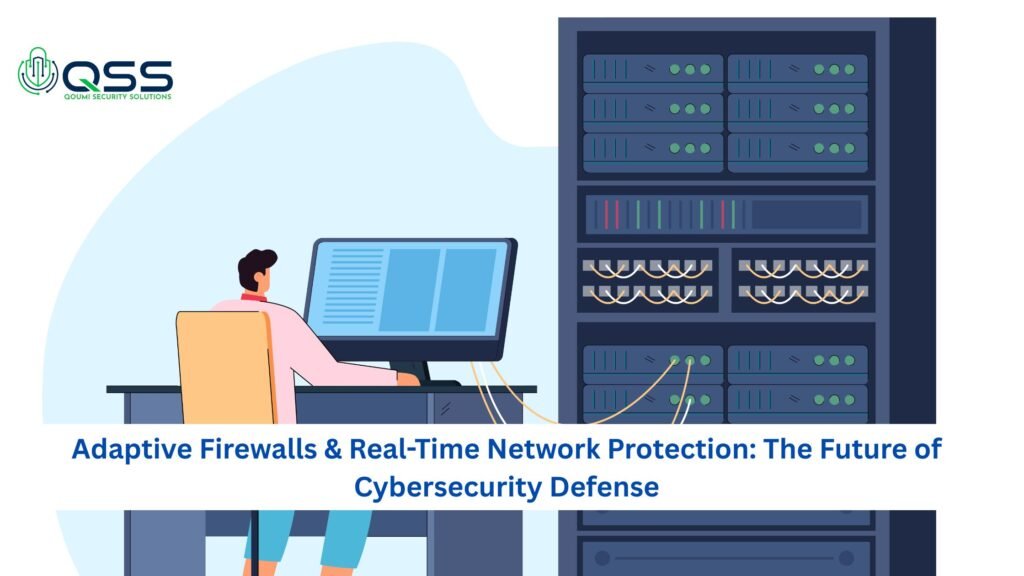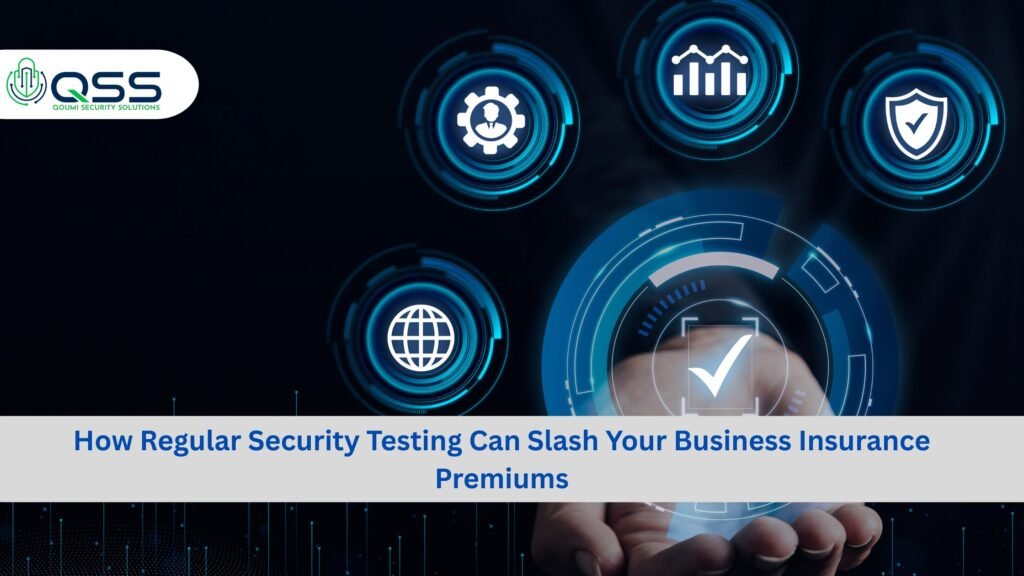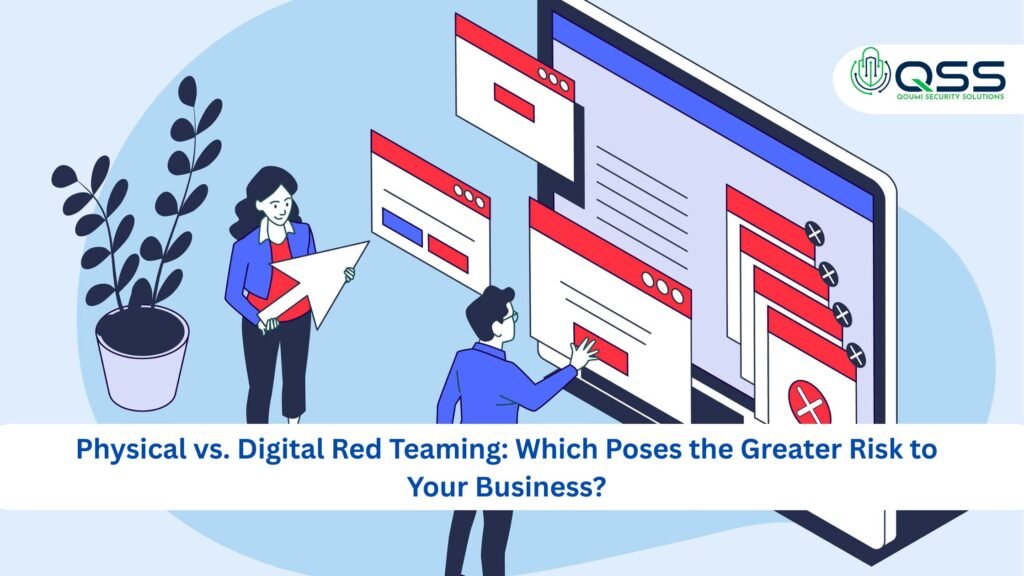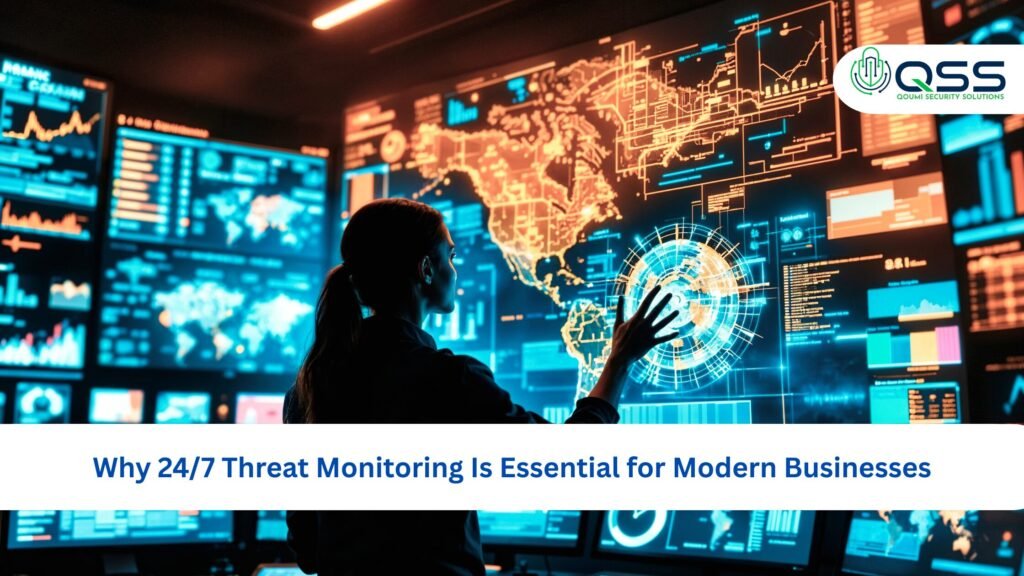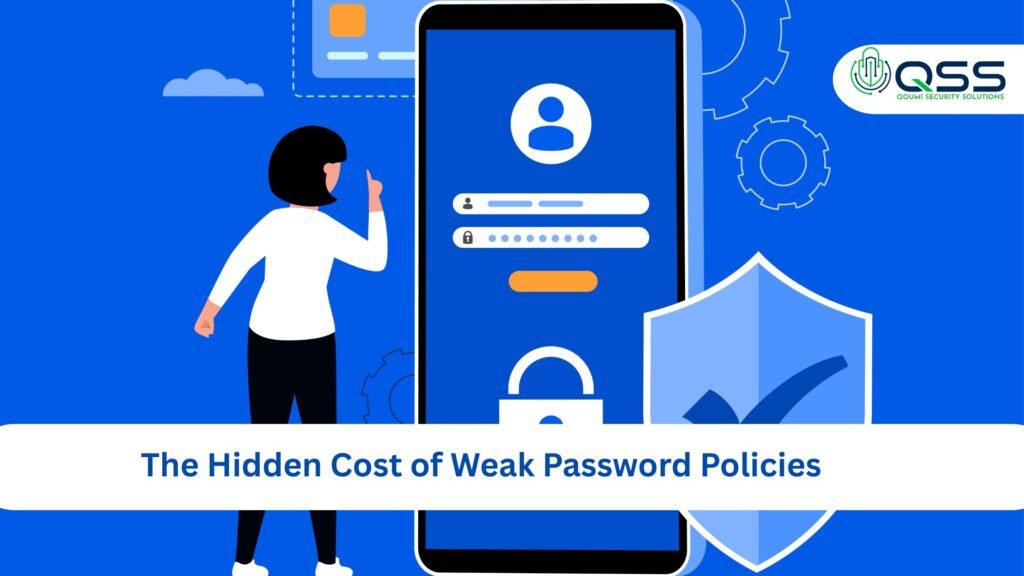Single Blog
How to Choose the Ideal Cybersecurity Partner: 7 Questions You Must Ask
How to Choose the Ideal Cybersecurity Partner: 7 Questions You Must Ask

Let’s get real: selecting a cybersecurity service provider can be like searching for a needle in a haystack. As hackers become sneakier by the minute, you need someone on your side who’s got your back—whether you’re a small business owner, a large corporation, or just want to protect your personal data. But how do you really know who’s the real deal and who’s just spewing buzzwords? I’ve been in your shoes, and I’ve learned that the right questions make all the difference. So, take a coffee break, and let’s jump into the seven must-ask questions that will enable you to find a cybersecurity provider you can rely on.
Why This Choice Is a Big Deal
Before we ask the questions, let’s discuss why this is such a big deal. Cyberattacks aren’t something to mess around with—according to experts, they will cost companies and individuals a staggering $10.5 trillion annually by 2025. Yikes! Whether it’s a ransomware attack, data breach, or phishing scam, one miscalculation can ruin your finances, destroy your reputation, or even get you into legal trouble. A fantastic cybersecurity company is like a sidekick superhero, saving your digital world. But the wrong one? That’s like hiring a sidekick that loses its cape. These questions will assist you in discovering the authentic article.
1. Have You Worked with the Industry Like Us Before?
Each business has its own idiosyncrasies when it comes to cybersecurity. If you’re healthcare, you have sensitive patient information and stringent regulations like HIPAA. If you’re e-commerce, you have credit card scams and PCI DSS compliance on your mind. A provider who is intimately familiar with your industry will understand what you’re up against and how to protect you.
What to Ask:
- Have you worked with companies in my line of business before? Got any examples?
- Are you current on the regulations that I must comply with?
- What types of threats affect my industry the most, and how do you address them?
Seek out someone who can refer to particular clients or projects they’ve worked on in your industry. Perhaps they have a case study or a client testimonial (even if it is anonymized). If they have no idea about your industry, then there’s a chance they could miss something important, and that’s something you don’t want to risk.
2. What Do You Offer, and Can You Make It Fit My Needs?
Cybersecurity is a giant umbrella—consider everything from testing for vulnerabilities to having your systems monitored 24/7 to swooping in when disaster strikes. Some vendors do one thing exceptionally well, while others do the entire enchilada. The secret is finding someone whose services align with what you really need, whether that’s securing your cloud configuration or training your staff to recognize phishing emails.
What to Ask:
- What do you do, and how do they solve my particular issues?
- Can you shape your services to suit my budget or business size?
- Do you specialize in preventing threats beforehand, or simply cleaning up the mess after?
The top-notch providers will make a close, honest assessment of your infrastructure and recommend solutions that are a glove fit. If they’re attempting to sell you a cookie-cutter package without inquiring as to your requirements, flee at all costs.
3. How Do You Stay Current with Sneaky Emerging Threats?
Hackers don’t rest on their laurels—they’re constantly brewing up new schemes to make mischief, such as ransomware or zero-day attacks. A cybersecurity vendor who’s still living in 2015 isn’t going to work. You need someone who’s at the forefront of the latest threats, employing advanced tools and keeping their skills sharp with frequent training.
What to Ask:
- How do you remain current on emerging cyber threats?
- What technology or tools do you employ to detect and deter attacks?
- Do you belong to any cybersecurity communities or networks that exchange threat intelligence?
A good provider may discuss employing AI to detect suspicious patterns or subscribing to live threat feeds. Whether they participate in industry associations or forums, that is an excellent indicator they are being proactive in staying one step ahead of the bad guys.
4. What’s Your Backup Strategy If Something Goes Wrong?
Even the strongest defenses can be penetrated. When that occurs, you’ll want to have a provider who can spring into action quickly to contain the damage. An excellent incident response plan is like a fire extinguisher—you hope you never have to use it, but you’re thankful it’s available.
What to Ask:
- Can you walk me through your step-by-step procedure for dealing with a breach?
- How quick are you to react if something goes awry?
- Do you investigate what went wrong to ensure it does not reoccur?
You’re looking for a provider that has a clear game plan in mind—think 24/7 monitoring, a special response team, and a focus on determining what went wrong. Have them tell you a story about a breach they’ve dealt with in the past. Their response will say a lot about how they react under stress.
5. Are You Transparent About Costs and Contracts?
No one is fond of surprise bills, particularly when it involves something so important as cybersecurity. A reliable provider will be upfront about what you’re paying for, what’s included, and what isn’t. They’ll also ensure their contract won’t leave you in a deanship.
What to Ask:
- Can you explain your pricing so I can see exactly what I’m getting?
- Are there additional charges for services such as emergency assistance or out-of-hours support?
- What’s the story with your contract—can I bail if things are not working?
Avoid anyone evasive about prices or attempting to bind you into a lengthy commitment with no escape hatch. Your ideal provider should be upfront and flexible, allowing you to make changes as your circumstances evolve.
6. What’s the Deal with Your Team’s Credentials?
Ultimately, a cybersecurity solution is only as strong as the individuals behind it. You need a team that has the proper skills and certifications, such as CISSP or Certified Ethical Hacker, working on your security. And you need to ensure they’re not subpping out your protection to whatever third party.
What to Ask:
- What certifications does your team have?
- How do you ensure your employees are up to date with current cybersecurity trends?
- Do you outsource anything, and if so, how do you ensure that those individuals are legitimate?
A vendor with a certified in-house team is less risky than one that out sources sensitive tasks. Inquire about their training program to ensure they are staying sharp.
7. Can You Show Me Proof You’re Awesome?
Nothing is as reassuring as a track record. Request references or case studies and find out how they’ve assisted others in the past. Even if they can’t provide names for confidentiality purposes, they should be able to provide you with anonymized testimonials or quantifiable measures, such as “cut incidents by 40%.”
What to Ask:
- Can you provide references from clients you’ve worked with?
- Got any case studies illustrating how you’ve assisted companies like mine?
- What are the types of results you’ve achieved, such as fewer attacks or improved compliance?
If they avoid answering this question or cannot direct you to strong results, that is a red flag. A confident provider will proudly present their successes.
Trust Your Gut and Take Your Time
Choosing a cybersecurity provider isn’t always about checking boxes—it’s about choosing someone you can trust. Read the tone they use in their words. Are they being transparent, pleasant to converse with, and actually interested in assisting you? Are they going to describe things in a manner that makes sense, or do they use jargon to conceal what they’re saying? All those little things count just as much as their qualifications.
Also, consider if they have the kind of vibe you’d work with. A provider who understands your business and has good communication skills will be much more comfortable to work with in the long term. Don’t rush—compare a couple of them, read over their proposals, and perhaps even try them out on a short-term project if possible.
Wrapping It Up
Identifying the appropriate cybersecurity service provider need not be complicated. By posing these seven questions—to them regarding experience, services, readiness for threats, response to incidents, cost, credentials of their staff, and record—consider them well-informed about who is worthy of your trust. The intention is not merely to make an employee-hiring decision; it is to identify someone as dedicated to your security as you are.
At Qoumi Security, we take that responsibility seriously. From VAPT and managed cyber security services to security consulting and compliance support, our certified experts work hand-in-hand with you to protect your data, your systems, and your reputation — 24/7.
So, breathe deep, do your research, and pick one that puts you at ease in this crazy digital world. Your data, your business, and your sanity are worth it.
